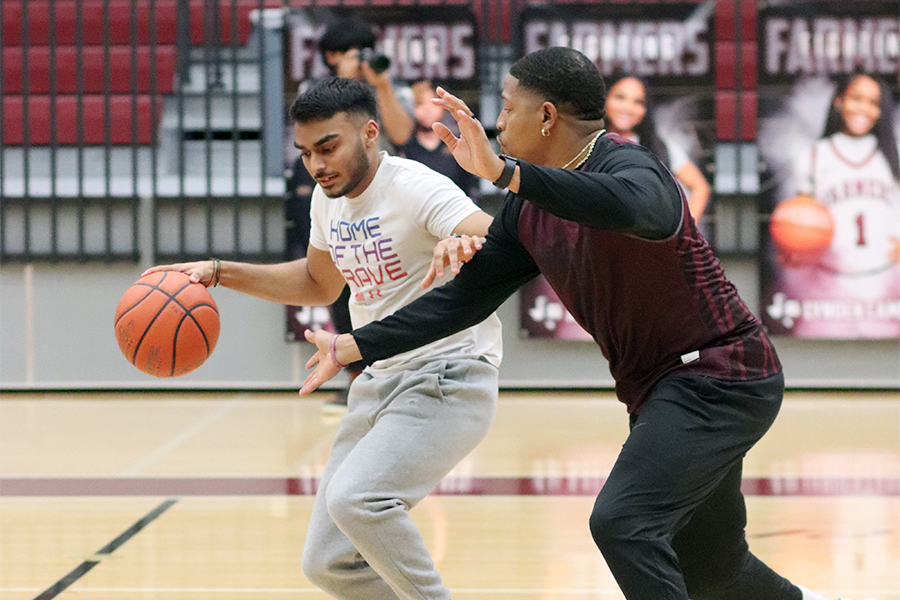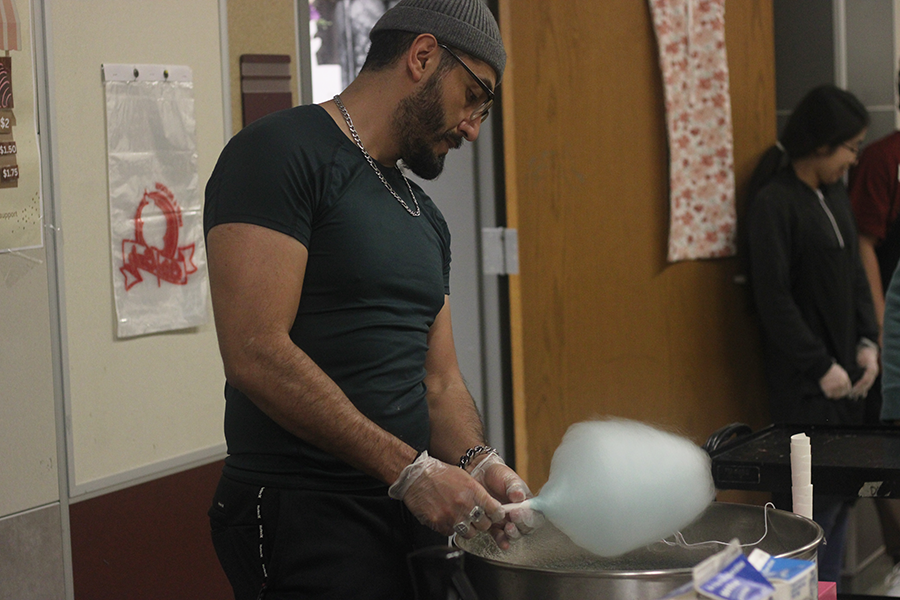In order to reflect advances in the availability of sophisticated technology to more and more people over the past decade, the school district is moving toward embracing the use of devices like smartphones, laptops and mp3 players in school and integrating them as part of the curriculum.
“Students are comfortable and familiar with digital technology and prefer to use it as well as working in groups in collaboration with fellow students,” Superintendent Dr. Stephen Waddell said. “Technology is changing everything. It’s how the real world works.”
In conjunction with the move to bringing classrooms technologically up to par with the rest of the world, the administration is trying to make it more acceptable for students to use their technology in school.
“It needs to be realized that [technology] will be used for student learning,” Waddell said.
A few schools in the district have requested to pilot, or test-try, how students will react to technological changes.
Waddell said that while the district is looking to allow students use their electronic devices [smartphones, laptops, iPods, etc.] more freely, there isn’t a set time frame.
“We will definitely move to allowing use of those devices next year,” Waddell said. “There has not been a definitive timeline. It is possible that it could occur by the beginning of the year, but some work remains to be done to get ready for that, so it may be later.”
Junior Harley Chambers said that he thinks the change in attitude is a good idea, but it might experience some growing pains.
“I think it’s a good idea, but the first year or so it’s not going to work that well because while a lot of people have computers, how many have laptops or iPads?” Chambers said.
Waddell also expressed his idea that new rules regarding use of electronic devices would help teachers, too.
“I think it will help teachers because they won’t be trying to enforce an unenforceable policy,” Waddell said.
Waddell said that his vision for an LISD classroom includes students using a combination of their own technology and school-owned technology to solve complex problems in order to enrich students’ learning in an interactive environment.
“I think it will open doors, it will give us easier access to information sources, but I also think that people will find a way to abuse it,” junior Ali Sakran said.
“Technology is important in increasing access to resources, engaging students, enriching learning and providing real world, authentic work experiences,” Waddell said. “I hope to see students and teachers engaged in high-level, project-based learning. I hope to see interactive learning, with students behaving as empowered, responsible learners.”
While nothing is really set in stone at the moment, it is clear that there will be changes in the district’s attitude toward students’ personal technology and its place in the classroom in the coming years.
“[Technology] is certainly driving the knowledge revolution,” Waddell said. “For schools to remain relevant, we must take advantage of technology.”






